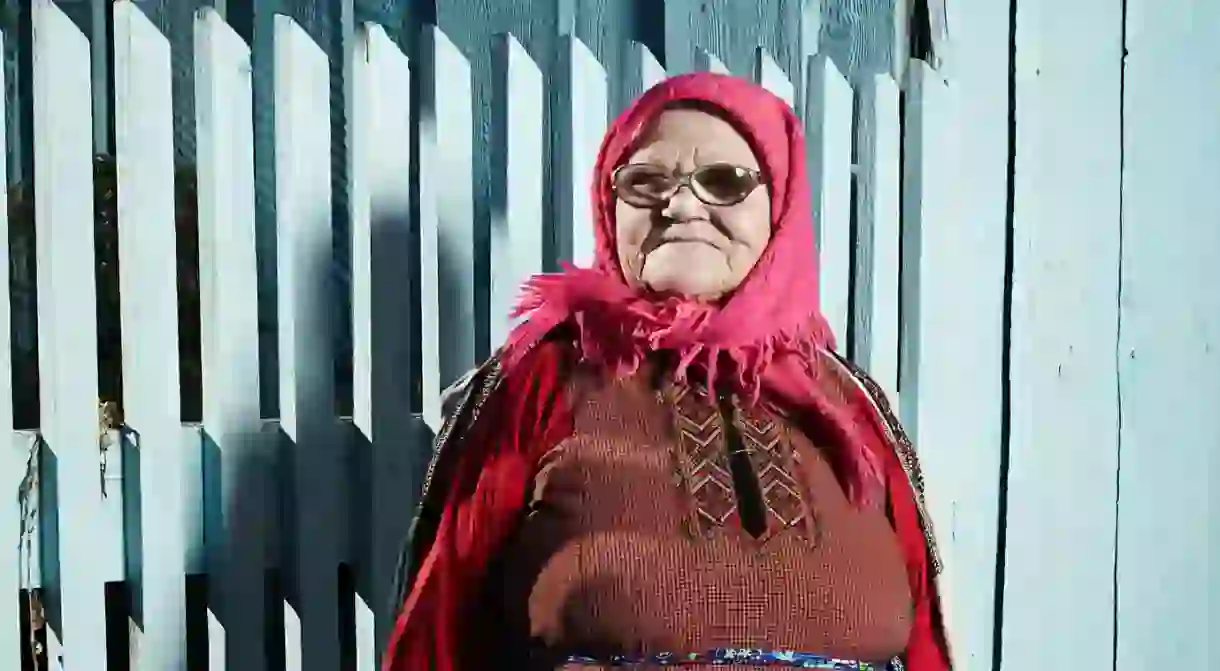Europe's Last Pagans: The Ural Mari

Blessed Great God! We, a simple and meek people, unremarkable, as if concealed in a shroud of smoke, beg for peace. We do what all must do, we are obedient to the secular authority of the state and the authority of the heavens, so give us the boldness to preserve us the way we are.
Ervel S. Sem yon (Novikov). Passage from a prayer proposed to modern Mari city-dwellers
The Mari people are one of Russia‘s few medium-sized, culturally autonomous communities. According to the 2010 census, there are just under 550,000 Mari people living in the Russian Federation. The majority of these live in the Republic of Mari El and a huge proportion of these in Yoshkar-Ola, the capital of the republic. However, the Ural Mari – a group of about 24,000 Mari – live in the south of the Sverdlovsk Oblast, far from the capital. Their forefathers migrated to the Urals back in the 16th century, fleeing enforced Christianisation.
Over the centuries, the Mari of the Urals, on this alien territory, managed to preserve their unique culture and religion. Despite persistent persecution by Tsarist and Soviet governments, the powerful influence of Russian Orthodoxy, Islam, and atheism, the Mari have continued to pray in secrecy in their holy groves.
However, with the fall of the USSR, the Mari were hit by a new problem. As the Soviet Union collapsed, rural economies and villages followed suit. The link with nature, that had been the basis of the entire Mari culture for centuries, began to crumble.
Today, the Ural-Mari continue to try and get back to their roots, working against the major flow of the Mari youth to the cities. For now, it is very difficult to predict what will come of these processes. The majority of the holy groves, after all, have been abandoned and the language has become hybridised with Russian. The national rituals are not being performed in their entirety, traditions such as the art of embroidering traditional costumes have been lost, and an agricultural way of life presents itself with many obstacles.
Russian photographer Fyodor Telkov shares with us his series taken of the Ural Mari. The award-winning Ekaterinburg-based artist depicts the Mari people and their lasting traditions.























